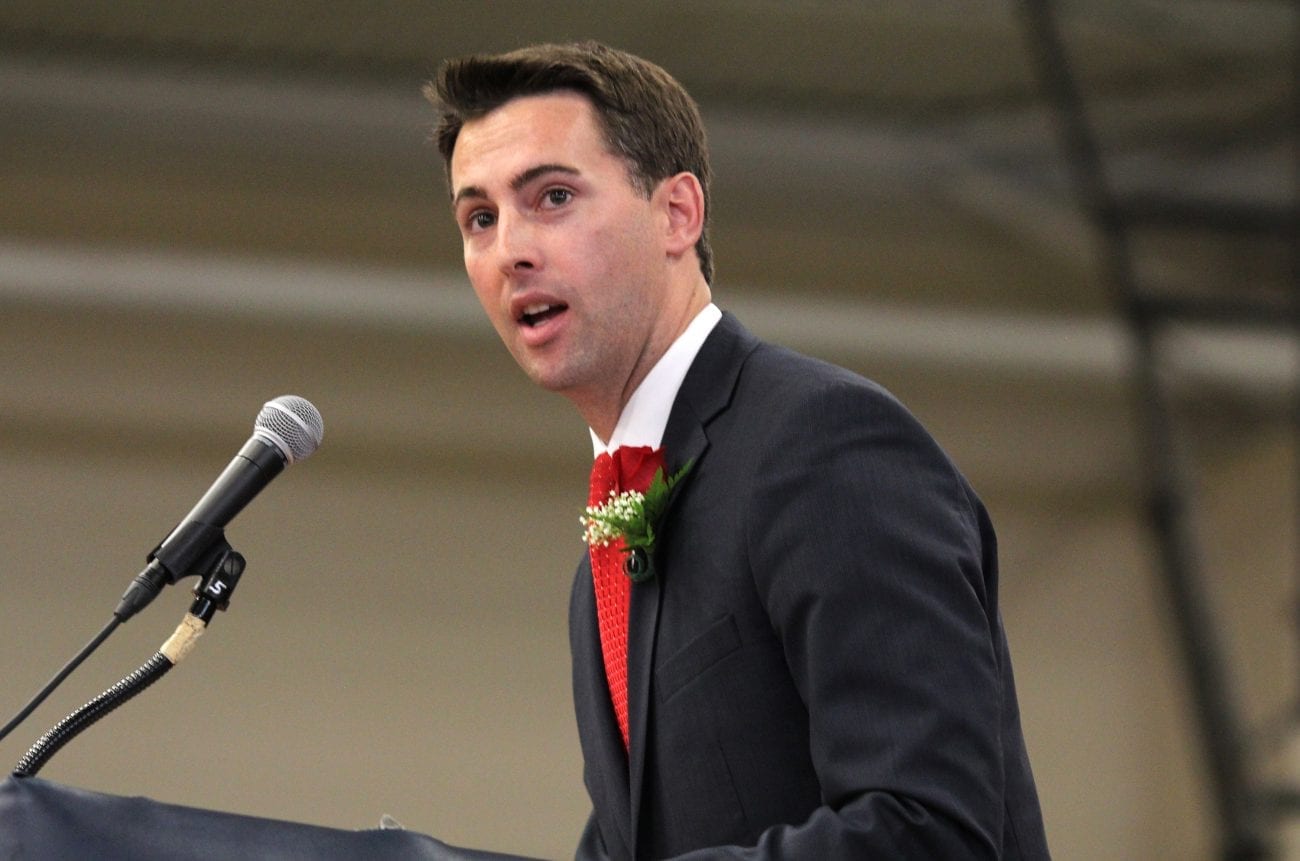LYNN — State Sen. Brendan Crighton (D-Lynn) is supportive of a new report calling for the Massachusetts Bay Transportation Authority (MBTA) to commit to 100-percent electrification of its transit-bus fleet by 2030.
The MBTA operates one of the largest transit agencies in the country, with more than 170 bus routes in 44 municipalities in the Greater Boston region and an average of 410,000 weekday bus trips.
The report — compiled by the Sierra Club, Boston commuter advocacy organization TransitMatters, and the Institute for Transportation and Development Policy, and supported by 14 partner agencies — shows that electrifying MBTA buses by 2030 would save the agency $175 million in lifetime fleet-operating costs, reduce the bus fleet’s greenhouse-gas emission by 97 percent, and save residents $9 million in avoided healthcare costs by reducing the impacts of toxic air pollution that fossil fuel-powered buses have on the area’s most vulnerable residents.
The report calls on the MBTA to commit to a facilities and fleet management plan that would fully electrify the MBTA’s bus fleet by 2030, while centering equity and people in the process by prioritizing garage upgrades and bus electrification for routes serving low-income neighborhoods and communities of color.
“Now, more than ever, environmental-justice communities are shouldering the worst of the negative effects of diesel emissions from public transportation,” said Crighton. “As highlighted in this report, fully electrifying the MBTA bus fleet by 2030 would not only save the MBTA hundreds of millions of dollars in fees and maintenance costs, but would drastically improve public health by reducing harmful emissions.
“This report lays out a clear vision for advancing our sustainability goals through an environmental-justice lens by prioritizing electrification in communities of color and low- and moderate-income neighborhoods. I am grateful to the Sierra Club, TransitMatters, and the Institute for Transportation and Development Policy for their work on this invaluable report and look forward to partnering with them to make this vision a reality.”
The MBTA’s current fleet consists primarily of diesel, diesel-hybrid, and compressed natural gas (CNG) buses; purchases in the last four years have prioritized replacing aging diesel buses with diesel-hybrids. In April 2021, the MBTA released a fleet and facility plan update, which states that the agency intends to continue to purchase diesel-hybrid buses while only gradually converting its bus fleet to zero-emission technologies over the next two decades, the report said.
This new report — which is also backed by state Reps. Christine Barber (D-Somerville) and Steve Owens (D-Watertown), both of whom are sponsors of a House bill that would mandate a clear timeline to full MBTA electrification — offers a different vision for the MBTA’s future bus fleet. The report offers recommendations that would speed up the electrification process and center equity in the planning process.
The report recommends that the MBTA stop internal-combustion-engine bus purchases no
later than 2023, release a 2030 fleetwide-electrification plan by June 2022, prioritize low-income and communities of color in its electrification planning, create an effective charging strategy to expand and build a reliable electric bus network, accelerate bus facility modernization and replacement, and make job retraining opportunities available to current employees.
“The MBTA must stop the purchase of polluting diesel-hybrid buses and commit to 100-percent electrification by 2030,” said Veena Dharmaraj, director of transportation at Sierra Club Massachusetts. “This report clearly highlights the unequal burden of pollution on the health and safety of environmental-justice populations, and it’s shocking that one of the nation’s largest transit agencies has no stated commitment to full fleet electrification.
“Instead, the MBTA’s current plan doubles down on purchases of fossil-fuel buses. We urge the MBTA to take heed of this report and prioritize deployment of electric buses on routes most impacted by air pollution. By stopping fossil-fuel bus purchases, MBTA has the opportunity to chart a different vision forward that benefits both residents and the agency.”
The fleet-management plan pitched by the report would transition the MBTA to a fully-electrified fleet over the next 10 years by expanding and upgrading the existing trolleybus network and ramping up the procurement of battery-electric buses to phase out internal-combustion buses over the next decade. This plan is designed to prioritize environmental-justice communities and ensure that electrified service will be of at least the same quality of non-electrified service, the report said.
“The time is now to act on climate change and environmental justice,” said Jarred Johnson, executive director of TransitMatters. “It’s critical that the MBTA’s bus-electrification process is driven by equity first and foremost. There are important steps the MBTA could start doing now to accelerate the timeline for electric buses.
“I’m proud of the work our partners and TransitMatters have done to illuminate the need for quick action, the benefits of such action, and charting out a plan for how to get to our goal of a 100-percent electric fleet by 2030. Environmental-justice communities can’t wait; it’s time to put those communities first and make sure the first new zero-emission buses go to neighborhoods most impacted by fossil-fuel emissions and that the MBTA focuses on garages that serve those communities.”

